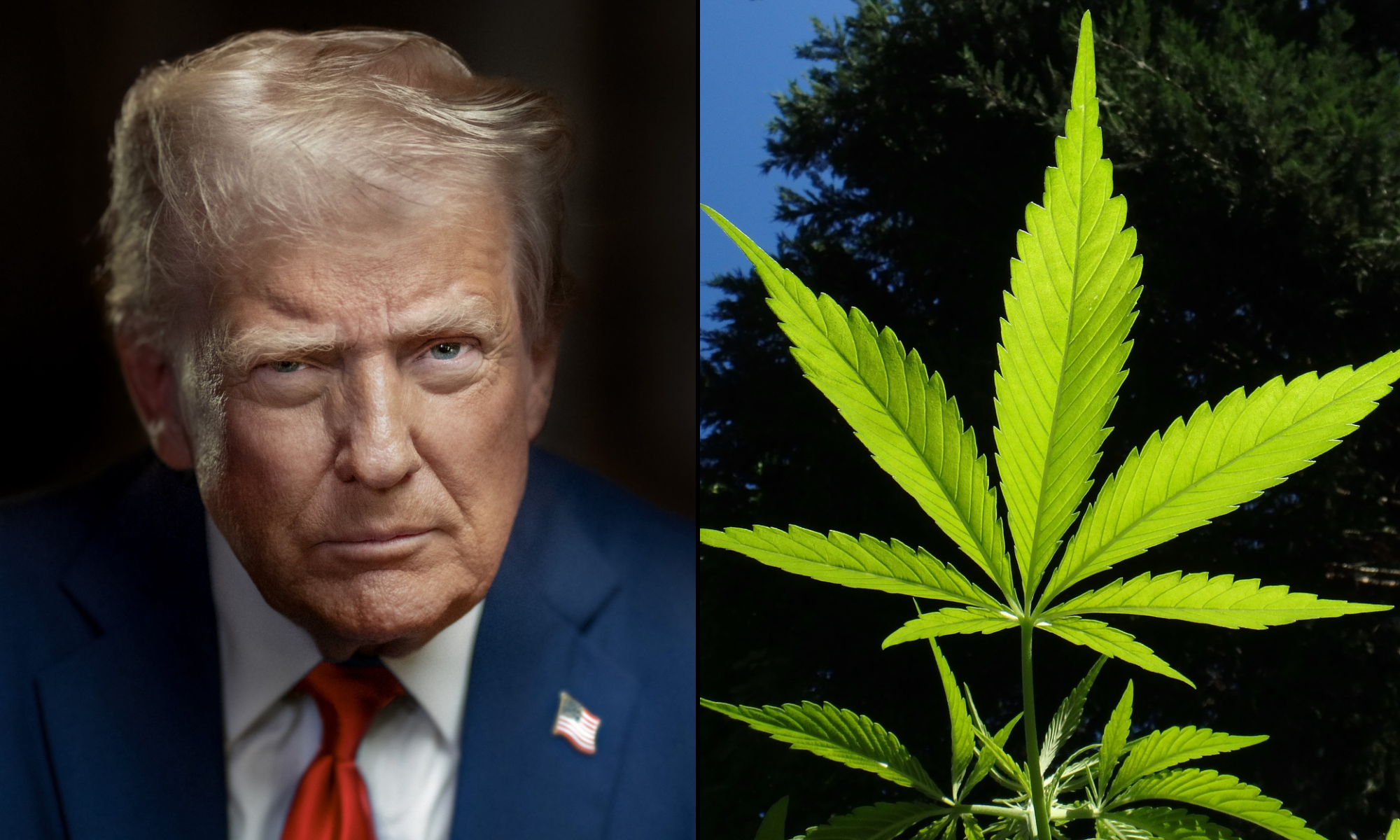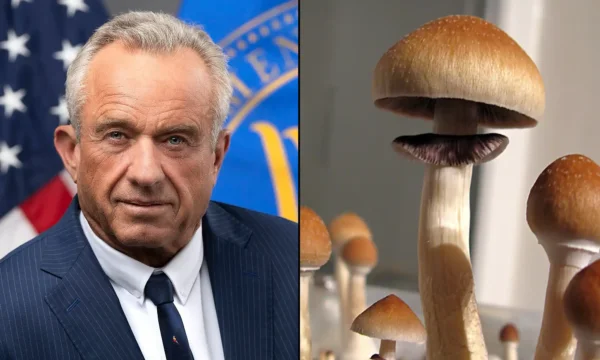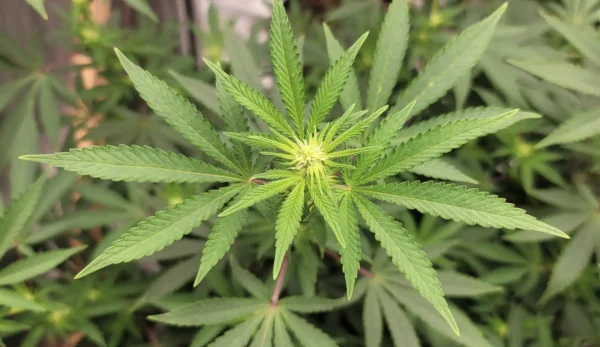Trump Rescheduling Marijuana Would Be A ‘Game Changer,’ GOP Senators Say
Trump marijuana rescheduling isn’t just a bureaucratic tweak; it’s a barroom brawl in a three-piece suit. On Capitol Hill, a trio of Republican senators—Dan Sullivan of Alaska, Lisa Murkowski of Alaska, and Kevin Cramer of North Dakota—are signaling that shifting cannabis to Schedule III would be a game changer for federal cannabis reform. When a former president with a knack for moving his party’s center of gravity says he’s weighing the shift, the fence-sitters feel the floor tilt. Sullivan’s read is pragmatic: when he gets behind something, things move. Murkowski frames Schedule III as a total game changer—opening doors for cannabis taxation relief and research that years of cautious hearings never could. Cramer, ever the incrementalist, sees what follows: cannabis banking and medical-policy fixes finally getting oxygen. The headline promise is simple: a decision within weeks. The subtext is noisier: a recent presidential nod to the health upsides of hemp-derived CBD for seniors, the libertarian flank itching for fewer handcuffs, and party operatives quietly testing how far they can walk without losing their shoes.
Drain the rhetoric and the mechanics matter. Schedule III cannabis would not “legalize marijuana”; it would lower federal risk, expand research pathways, and relieve an industry tortured by IRS 280E, the rule that bars standard business deductions for Schedule I and II substances. Move to III and a compliant operator can finally deduct payroll, rent, and insurance like any other Main Street business. That tax relief is oxygen—capital returns, margins normalize, and legal cannabis revenue stands a fighting chance against the illicit market. FDA and DEA would still loom, and interstate commerce wouldn’t magically open. Consumers wouldn’t suddenly walk out with federally approved prescriptions for dispensary flower. And gun ownership, immigration consequences, and federal employment rules would still live in the gray. Rescheduling is a pressure valve, not a pardon. But it’s the domino that frees banks to act, insurers to underwrite, and cautious lawmakers to say yes to narrow fixes without voting for full-blown legalization. That’s why you could hear the word “momentum” echoing down the marbled hallways.
Politics is the art of the doable, and this is where the party math gets interesting. Cramer telegraphed the GOP’s comfort zone: incremental steps that respect states’ rights, start with medical, and avoid the optics of “legalize it” headlines. Sullivan’s veteran-focused research posture and Murkowski’s openness to banking reform suggest the outlines of a coalition, especially for senators who want to acknowledge that states already rewrote the rules. Look north and Midwest for proof. Wisconsin’s majority party is feeling the tug-of-war in real time, with its Assembly leader talking up compromise even as the map turns greener by the month—see the careful calibration in Wisconsin GOP Assembly Speaker Hopes For ‘Consensus’ On Medical Marijuana, But Says New Senate Bill Is ‘Too Broad’. The signal is clear: Republicans can sell pragmatism—banking, research, medical access—without detonating the culture-war tripwires. If a former president puts his thumb on the scale for rescheduling, those pragmatic votes get easier to cast.
The cultural currents are already ahead of the law. Seniors are sampling hemp-derived CBD for sleep and pain. Consumers are replacing a nightcap with a THC seltzer, as reflected in new research that most people who drink cannabis beverages cut back on alcohol—fodder in Most People Who Drink THC-Infused Cannabis Beverages Reduce Their Use Of Alcohol, Survey Shows. Hospitals and hospice wards are inching toward humane policy, with bipartisan proposals to let terminal patients use medical marijuana on-site—read the compassionate case in Terminally Ill Patients Would Be Able To Use Medical Marijuana In Pennsylvania Hospitals Under New Bipartisan Bill. Shift to Schedule III and research funding flows, stigma loosens, insurers take meetings, and doctors feel safer discussing cannabinoid therapies without a compliance officer breathing down their necks. This is the practical face of marijuana policy reform: fewer handcuffs, more data, and a market that rewards legal players who do it by the book.
None of this settles the big-ticket fights. Rescheduling won’t end the patchwork—red states will still balk, blue states will keep printing cannabis tax receipts, and Washington will continue to test the boundaries of what counts as “lawful” behavior under federal statutes. Courtrooms are part of the story now, especially where cannabis policy collides with constitutional rights, as tracked in Another cannabis & gun rights case before SCOTUS (Newsletter: October 7, 2025). But a Schedule III move repositions the federal government from moral scold to reluctant manager, and that alone changes the conversation in both parties. If the decision lands and the dominoes start to fall—banking, research, medical access—expect the industry to look less like an outlaw economy and more like a regulated American business that pays taxes, hires veterans, and files audited statements. When that happens, the late-night debate becomes daytime policy. And if you’re ready to explore compliant, lab-tested options in this evolving landscape, visit our shop: https://thcaorder.com/shop/.
















